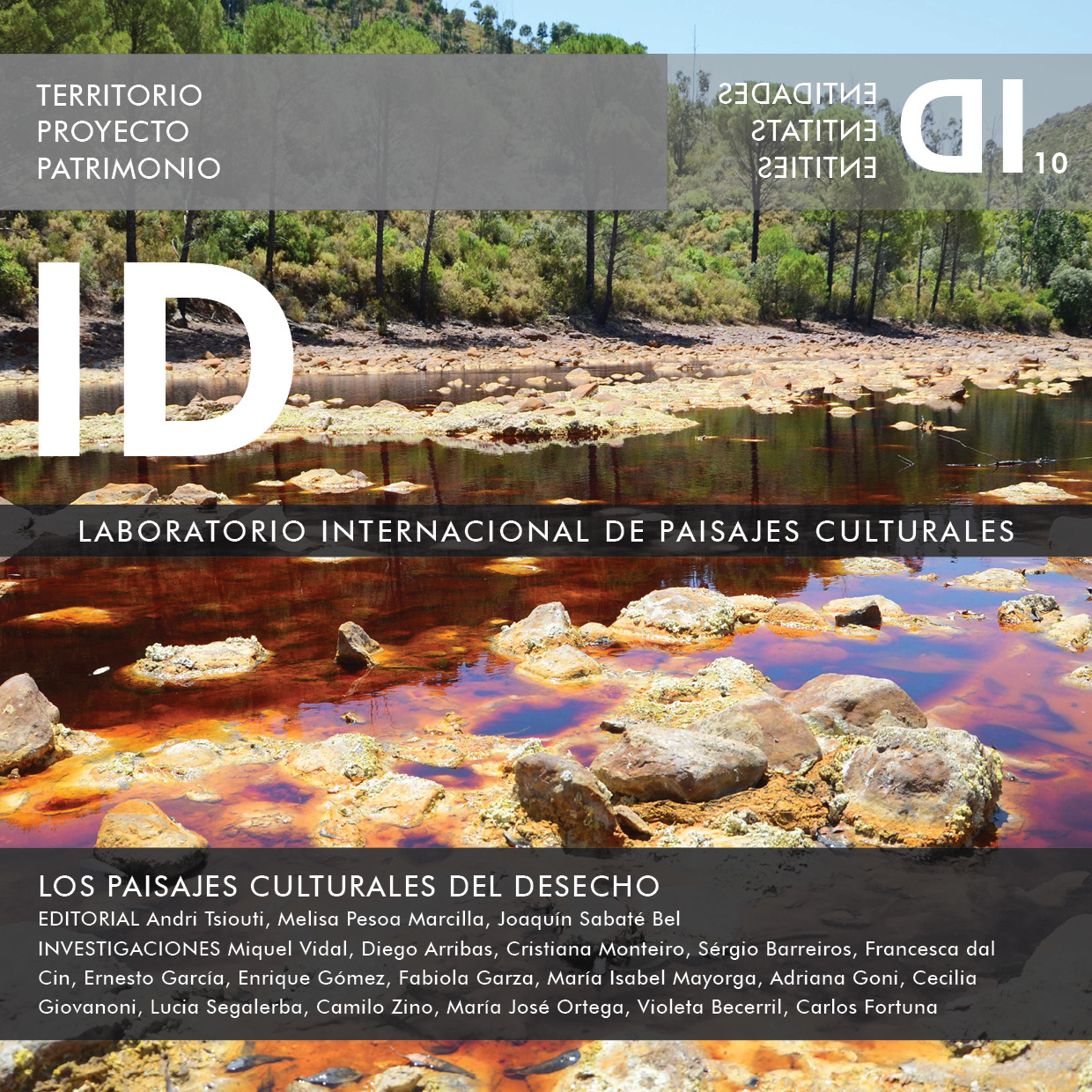AGUA DE DIOS, URBAN PLANNING AND ARCHITECTURE AS A HYGIENIC HERITAGE
Historical research and academy in times of a pandemic
DOI:
https://doi.org/10.5821/id.10770Abstract
The research around the Lazaretto in Agua de Dios, was the subject of analysis and graphic documentation in agreement between the National University of Colombia and the Ministry of Culture, began as a process of academic contribution about a place declared heritage and significance of water as a healing element, however, from the mandatory isolation decreed around the world, the research also becomes an opportunity to understand how urban planning and heritage architecture in Agua de Dios contribute to health and disease mitigation processes, by investigating the background, the political decision to create lazaretos. The development of a "hygienist urbanism" as a legacy of knowledge in times of pandemic, has a fundamental role in the valuation and conservation of this heritage, in search of better living conditions of a community and its territory.
Downloads
Published
Issue
Section
License
Copyright (c) 2021 Creative Commons

This work is licensed under a Creative Commons Attribution-NonCommercial-ShareAlike 4.0 International License.
Those authors who have publications with this journal, accept the following terms:
a. Authors will retain their copyright and guarantee the journal the right of first publication of their work, which will be simultaneously subject to the Creative Commons CC BY-NC-ND-4.0 recognition license that allows third parties to share the work provided that its author and its first publication are indicated in this journal, but they cannot be changed or used commercially.
b. Authors may adopt other non-exclusive license agreements for the distribution of the version of the published work (eg: deposit it in an institutional telematic archive or publish it in a monographic volume) provided that the initial publication in this journal is indicated.
c. Authors are allowed and recommended to disseminate their work through the Internet (e.g. in institutional telematic files or on their website) before and during the submission process, which can lead to interesting exchanges and increase citations. of the published work. (See The effect of open access).













